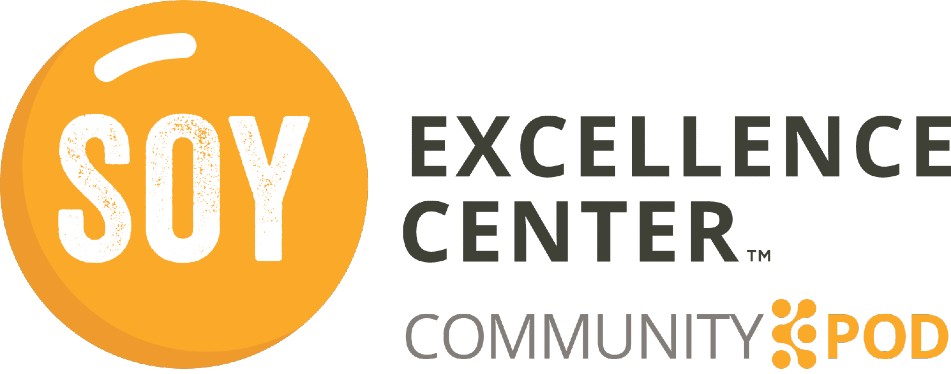Home › Forums › MENA Region Network › Sustainability production
-
Sustainability production
Posted by Md.Rejuan Hossain on January 24, 2025 at 6:44 amHow does the use of by-products contribute to sustainable poultry feed without affecting nutrition?
Md. Osman replied 1 month, 2 weeks ago 3 Members · 2 Replies -
2 Replies
-
The use of by-products in poultry feed contributes to sustainability while maintaining nutritional quality by recycling materials that would otherwise go to waste, reducing environmental impact, and cutting feed costs. Here’s how this is achieved:
1. Nutritional Value of By-Products
Many by-products from the agriculture and food industries are rich in nutrients like protein, fiber, vitamins, and minerals. For example:
Oilseed meals (soybean, canola, sunflower): Provide high-quality protein and energy.
Brewer’s grains and distiller’s grains: Rich in protein and fiber.
Meat and bone meal: High in protein, calcium, and phosphorus.
Fruit and vegetable waste: Supply fiber, vitamins, and antioxidants.
These by-products are carefully analyzed to ensure they meet the nutritional requirements of poultry, complementing or replacing conventional feed ingredients.
2. Reducing Environmental Impact
Using by-products minimizes waste from other industries and reduces reliance on conventional feed crops like corn and soy, which have a high environmental footprint (land, water, and energy use).
It also diverts organic waste from landfills, reducing greenhouse gas emissions like methane.
3. Cost-Effectiveness
By-products are typically less expensive than conventional feed ingredients. Their inclusion lowers feed costs, making poultry farming more economically sustainable.

